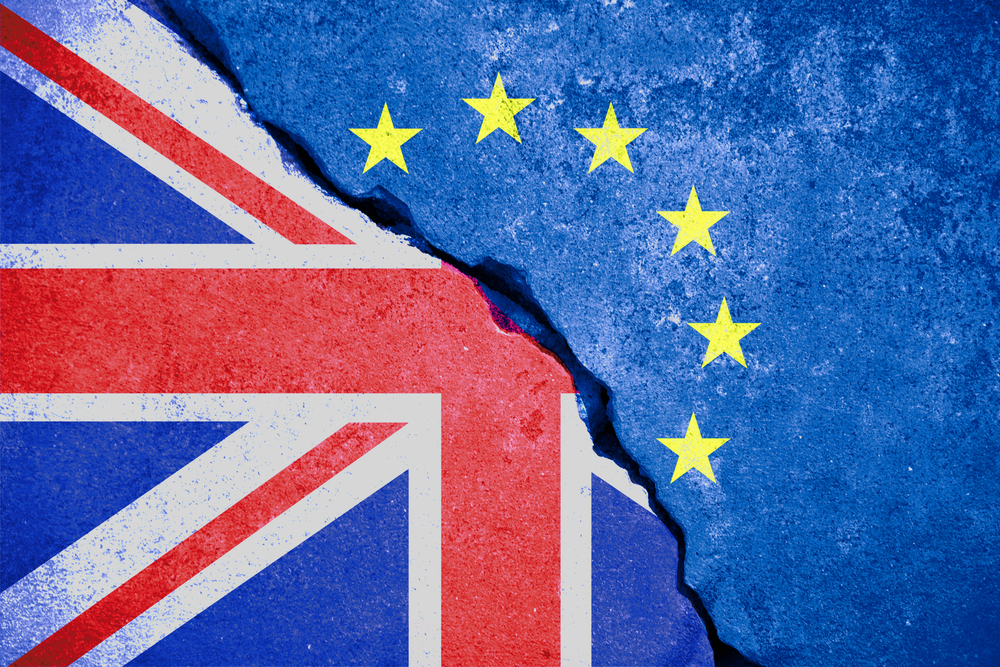Surgeons urge Government to use EU exit to clean up cosmetic surgery "Wild West"
 New data unveiled at the British Association of Aesthetic Surgeons’ Annual Scientific Meeting reveals that 90% of surgeons have still recorded a dramatic rise in patients being dangerously misinformed about cosmetic surgery.
New data unveiled at the British Association of Aesthetic Surgeons’ Annual Scientific Meeting reveals that 90% of surgeons have still recorded a dramatic rise in patients being dangerously misinformed about cosmetic surgery.
Whether individual members may have been either ‘Remainers’ or ‘Leavers’, the BAAPS as a whole stands united on one front: the impending exit from the European Union presents Britons with a unique opportunity to finally clean up a sector long described as the ‘Wild West’. The Association; which represents the vast majority of NHS-trained plastic surgeons in private practice; calls upon the Government for a multi-pronged yet clear-cut approach to ensure the future safety of UK patients.
A straw poll of the BAAPS Council demonstrated that 9/10 surgeons have seen a rise over the last three years* – on average by nearly a third (31%) – in patients being wildly misinformed about aesthetic plastic surgery. The top three reasons for unsuitability; in descending order; were the treatment sought not being appropriate for the patient, Body Dysmorphic Disorder (BDD – a psychological condition where self-image is warped or distorted) and medical history making the procedure risky or unfitting. Two out of five (40%) surgeons have seen problems with unregulated facial injectables (dermal fillers) in the same period, all of whom asserted the problems would have been avoided should such treatments be prescription only.
Two out of five (40%) of surgeons have continued to see a rise in problems stemming from cosmetic surgery abroad, with 60% of those recording an increase by as much as a quarter (25%). Another new study presented at the BAAPS conference evaluating the cost to a single NHS Trust alone to be an average £5,000 per patient – excluding imaging, medication or any outpatient appointments – with hospital stays ranging anywhere from one to 19 days.
Whilst surgeons admit Brexit is unlikely to impact on UK patients seeking cheap procedures abroad, one of the BAAPS’ proposals calls for foreign hospitals to be invoiced for the necessary reconstructive – and often life-saving – treatment undertaken by the NHS once these patients come home.
According to consultant plastic surgeon and outgoing BAAPS president Michael Cadier, “Whilst individuals may have widely differing opinions on whether the UK should or shouldn’t have chosen to leave the European Union, the fact remains that Brexit is offering a brilliant opportunity to implement very straightforward changes that can ensure what the BAAPS has long been battling for: safe and effective aesthetic plastic surgery for the British public.”
The BAAPS’ verdict and proposals on Brexit:
- European surgeons will no longer have the automatic right to work in the UK, so fly-in-fly-out surgeons (aka ‘FIFOs’ or ‘Seagull’ practitioners – because they make a lot of noise, then leave a big mess before flying away); will no longer be as freely contracted by commercial chains who routinely use them for their lower cost.
- With the UK free to set their own required standards of regulation and training, businesses can be forced to meet quality levels and to employ surgeons trained to a UK-defined standard, and who are appropriately covered by UK or UK-equivalent indemnity insurance.
- The BAAPS calls for dermal fillers – injectables which have historically been unregulated and previously described as ‘the next PIP implant crisis waiting to happen’ – to finally be classed as Prescription-Only Medications (POM). By classing dermal fillers as a POM, the practitioners using them can be limited only to those with appropriate medical training, and their advertising to the public would automatically become restricted.
- Call for NHS hospitals forced to treat patients who’ve returned from abroad with problems to invoice the foreign providers for the cost of reconstructive or medical care.
Cadier concludes, “Our clear-cut proposals should be seriously taken into consideration by the Government – at the BAAPS we have spent decades doing our best to educate the public and warn them away from unethical offers and procedures performed by untrained practitioners. Yet as our internal survey has proven, many people are still vulnerable and far from well-informed. Now we have a chance to truly change the landscape of cosmetic surgery in Britain and not only ensure safety for the tens of thousands of patients who seek procedures every year, but also remedy for our Health Service hospitals treating victims of surgical tourism.”
*One in Five ‘Unsuitable’ for Cosmetic Surgery – Patients Dangerously Misinformed by Salespeople (March 2013)

